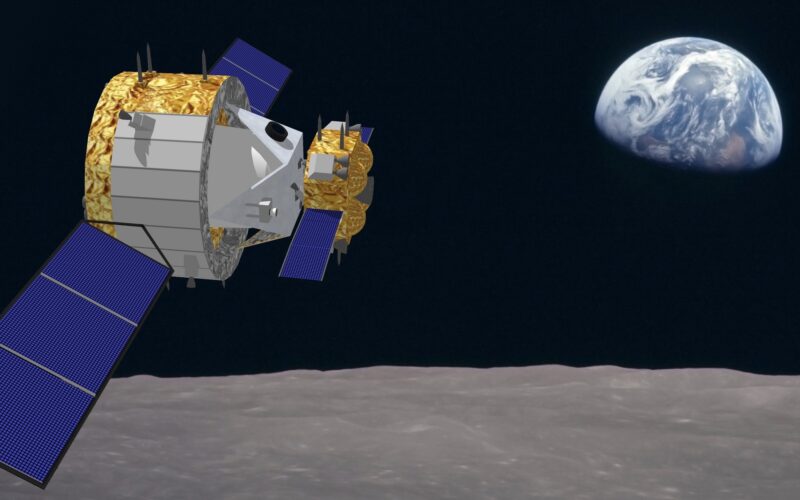China achieved a major milestone in a robotic lunar exploration mission by the China National Space Administration with the successful landing of its uncrewed Chang’e-6 lunar lander on the far side of the moon. The mission marks the first time samples will be collected from Moon’s rarely explored area.
On June 2, 2024, the China National Space Administration announced that its Chang’e-6 lunar lander, equipped with advanced instruments and its own launch system, touched down in the South Pole-Aitken Basin on the moon’s space-facing side at around 6:23 a.m. Beijing time.
According to the China National Space Administration statement, the Chang’e-6 lander is poised to collect two kilograms (approximately 4.4 pounds) of lunar material over two days and return it to Earth. Then, the samples will be loaded onto a rocket booster attached to the lander, which will then launch back into space, tag up with another spacecraft in lunar orbit, and return to Earth. If successful, the lunar lander is expected to land in China’s Inner Mongolia region around June 25, 2024.
“Compared with the Chang’e-5 mission, which achieved the return of samples from the moon in 2020, the Chang’e-6 mission has made a breakthrough in the design and control technology of the lunar retrograde orbit, and will complete key technical nodes such as intelligent rapid sampling on the lunar back and take-off and ascent on the lunar back with the support of the Queqiao-2 relay satellite,” was written in the statement.
The mission will provide China with a pristine record of the moon’s 4.5 billion-year history and yield new clues on the solar system’s formation. It will also allow for an unprecedented comparison between the dark, unexplored region with the moon’s better-understood Earth-facing side.
The Chang’e-6 probe was launched on May 3 aboard China’s Long March 5 rocket from the Wenchang Satellite Launch Center on Hainan Island, the southernmost province of China. It reached the lunar vicinity approximately a week later and has since been adjusting its orbit in preparation for the landing.
The mission aligns with China’s broader lunar strategy, which envisions landing its first astronauts on the moon by around 2030.
The Chang’e-6 mission marks the world’s third lunar landing in 2024.


